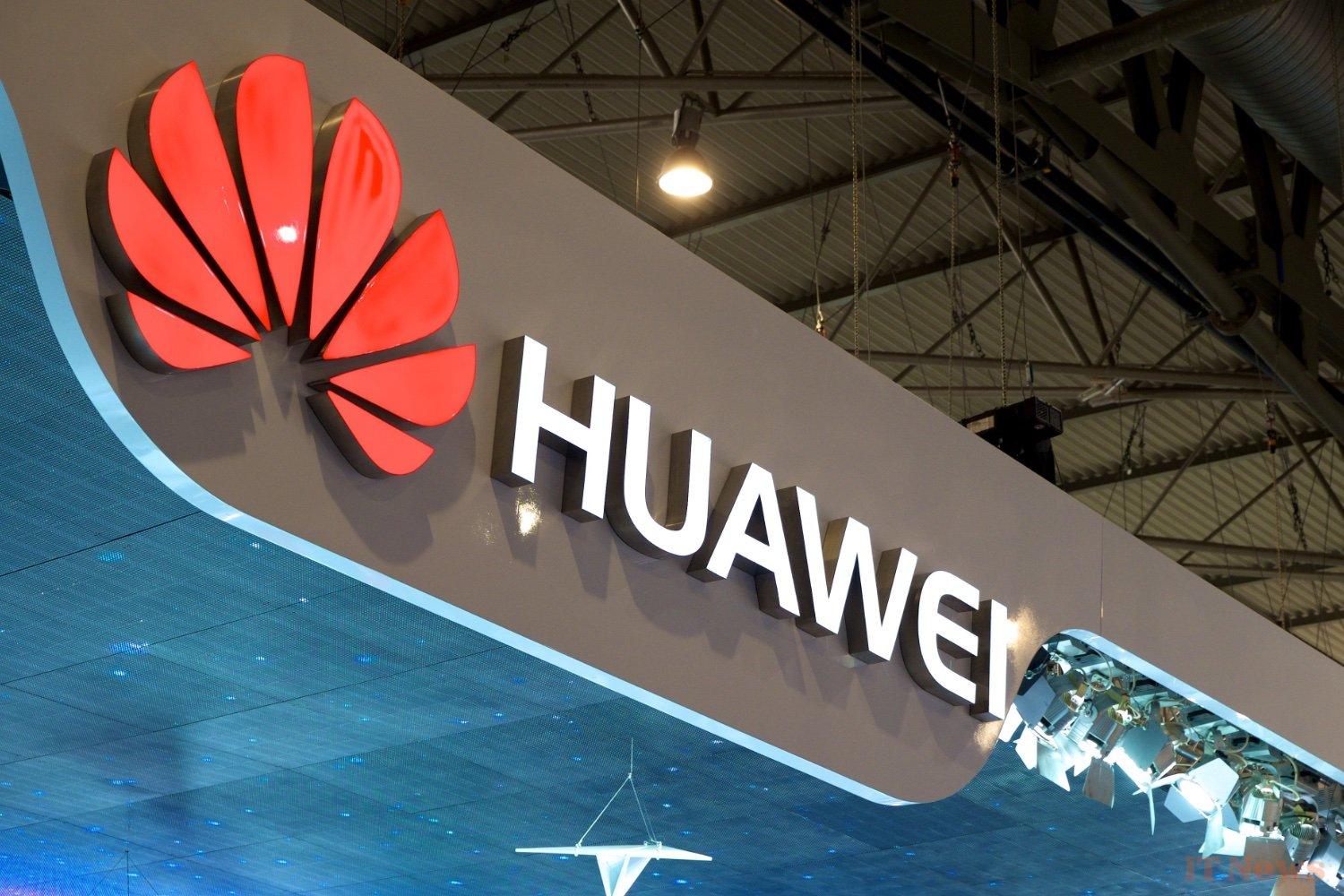Huawei, future semiconductor giant? An investigation by the Financial Times, published on Sunday, May 4, reveals that the former Chinese smartphone champion is investing in or directly developing semiconductor factories in China, both upstream and downstream of the manufacturing chain. Satellite images taken of the city of Shenzhen show several new factories which, according to the British media, are closely or loosely linked to Huawei. The infrastructure, under construction since 2022, is located in Guanla, a district of this city located in the southeast of the country.
For years, the 5G giant has been seeking to develop its own electronic chips, the essential components for our smartphones, cars, and AI tools. The company is supported by Beijing, which aims to "lift Chinese industry out of poverty" by investing massively in local semiconductor production, in response to Washington's crackdown.
The United States, against a backdrop of technological rivalry, has in fact implemented export controls since October 2022, drastically limiting the sale of chips to Chinese companies. The objective of the American authorities is, in addition to cutting off supplies to Chinese smartphone giants, to eradicate the entire Chinese ecosystem of advanced technologies.
Huawei's ambitions: to be a key player upstream and downstream of the chip supply chain
In return, China is massively supporting the development of alternatives to American or allied technologies in the hands of American chip designer Nvidia, Dutch equipment maker ASML, South Korean memory chip maker SK Hynix, and TSMC (Taiwan).
And according to Dylan Patel, founder of the chip consulting firm SemiAnalysis, interviewed by the financial daily, Huawei would seek to develop and control "every part of the AI supply chain domestically, from wafer manufacturing equipment (the thin wafer cut from an ingot of ultra-pure silicon, editor's note) to the construction of AI models."
A site directly operated by Huawei?
Of the three sites that can be seen on the satellite images, the first would be directly operated by Huawei, which intends to manufacture there 7-nanometer chips for its smartphones, but not only that: its Ascend AI processors, and components related to autonomous driving will also soon be produced there. The factory is not yet operating, because Huawei wants to use production equipment manufactured in the country – machines that are still being tested, our British colleagues explain.
The other two sites are officially in the hands of two startups: the chip equipment manufacturer SiCarrier and the company SwaySure – the latter supplies Huawei with memory chips for cars and consumer electronics. According to our colleagues' sources, Huawei helped them raise funds, and provided them with staff and technology: when contacted, the Chinese giant denies having any connection with these companies.
"China is (now) right behind us. We are very close"
However, the two startups are already in the crosshairs of the American authorities. Last December, SiCarrier and SwaySure were placed on the "entity list," prohibiting American companies from selling them technology. The reason? They are reportedly helping Huawei develop cutting-edge chip technology for military modernization, according to Washington.
Huawei has also invested in other semiconductor manufacturing sites in Shanghai, Ningbo, and Qingdao, according to the British media. But for other experts, Huawei has come a long way, and the road to matching, or even surpassing, its domestic and international competitors may be long. "There are competing companies in China that have been working on the same thing for decades without being able to match ASML and TSMC," said one chip investor, interviewed by the financial daily.
Yet, these various announcements have worried Jensen Huang, head of Nvidia, the American processor giant. At a technology conference in Washington last week, which CNBC reported on, the head of the American leader once again called on Washington to change the rules governing the export of semiconductors intended for AI.
A few weeks earlier, the Trump administration asked him to restrict the shipment of H2O chips to China, a chip developed specifically for that country, to comply with previous US export restrictions. This new restriction, which Nvidia claims would primarily benefit its Chinese competitors, would cost it a whopping $5.5 billion. Quoting Huawei directly, Nvidia's CEO believes that "China is (now) right behind us. We're very close."



0 Comments